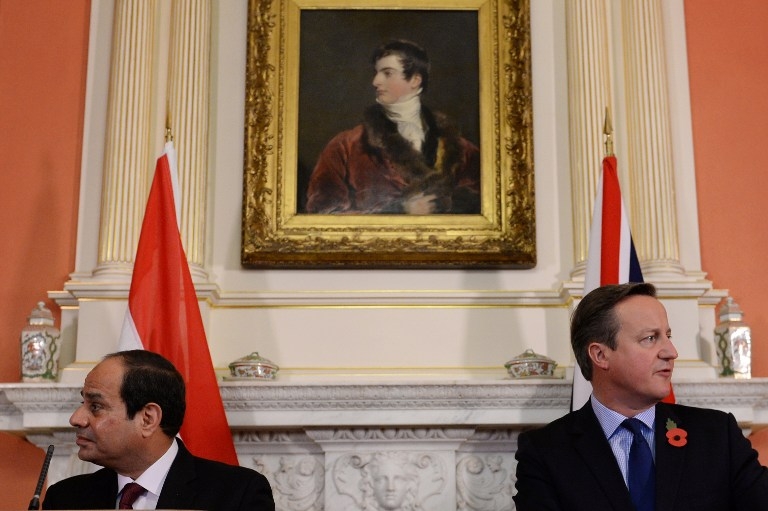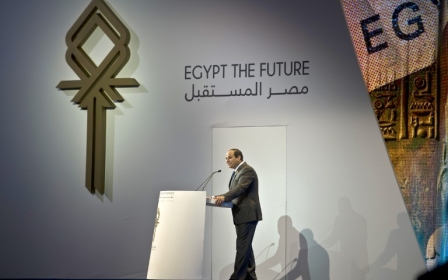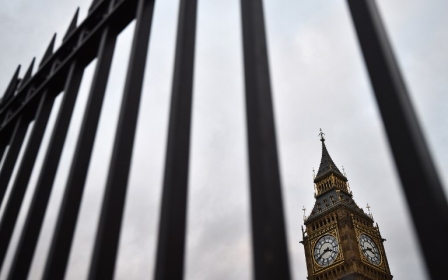Foreign Office appears to have 'deprioritised' human rights, say MPs

Foreign Office ministers have created a perception that their human rights work is no longer a priority, particularly in Saudi Arabia and Egypt, the foreign affairs select committee has found.
In a report released on Tuesday, the committee of MPs found that under Foreign Secretary Philip Hammond’s tenure, it has become more difficult for human rights organisations to access “senior ministers and their immediate advisors”.
Even when ministers have been reached, the committee said engagement “seemed to be more about box-ticking than genuine consultation”.
The government, the report says, has no reliable way to measure whether its human rights work is having any impact. Failing to list Egypt and Bahrain among human rights priority countries sent the signal that ministers have become "more hesitant in promoting and defending international human rights openly and robustly".
“There has been a change in language and symbology that would suggest its not as important as it was under William Hague and we want to make sure that it remains as important as it should be,” Crispin Blunt, the committee’s chairman told BBC Radio 4 on Tuesday morning.
Hammond rejected the report, stressing that the UK supports more than 75 human rights projects in over 40 countries, and has doubled the funding available for human rights projects to £10m, he told The Guardian.
“I do not recognise this characterisation of our human rights work. Improving human rights is a core function of the Foreign Office and is the responsibility of every British diplomat around the world,” Hammond was quoted as saying.
Blunt, however, told Radio 4 that while the Foreign Office has increased the money spent on human rights projects, the funds are ring-fenced and can only be used within countries that can receive aid from the UK’s Department for International Development.
He said this means that Saudi Arabia and Bahrain, for example, would not be eligible for most of the funding.
New MEE newsletter: Jerusalem Dispatch
Sign up to get the latest insights and analysis on Israel-Palestine, alongside Turkey Unpacked and other MEE newsletters
Middle East Eye delivers independent and unrivalled coverage and analysis of the Middle East, North Africa and beyond. To learn more about republishing this content and the associated fees, please fill out this form. More about MEE can be found here.




